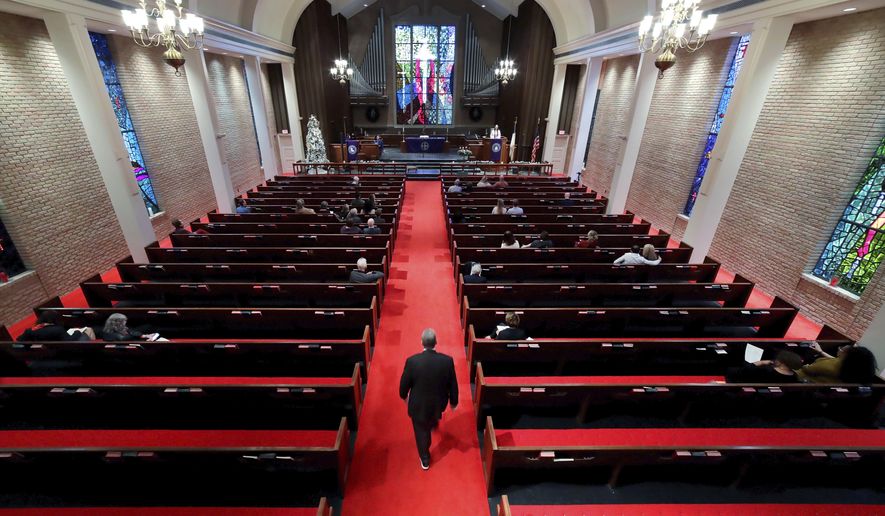Black United Methodist Church pastors in North Carolina and South Carolina are paid “substantially less” than their White counterparts because cross-racial appointments for Black clergy are difficult to come by, a 12-year study reported.
At issue is the racial makeup of United Methodist congregations in the two states, as well as the wealth disparity between White and Black congregations, according to researchers David Eagle, assistant research professor of global health at Duke University, and Collin Mueller, assistant professor of sociology at the University of Maryland.
White UMC congregations tend to be more affluent than Black ones, the report indicated, which means those bodies can pay pastors more. Only 3% of Black United Methodist pastors in North Carolina and 4% of Black pastors in South Carolina in 2016 reported holding appointments where the salary exceeds $75,000 per year, the study indicated.
The study also found 0.9% of Black pastors reported in 2014 they were leading a White church, while 6.1% of White clergy said they pastored a Black Church.
Unlike some denominations where salaries are set by a regional administration, local UMC congregations determine salaries in part based on a given church’s finances, said the United Methodist News agency, an official church media outlet that first reported the findings.
Smaller churches are unable to match salary profiles in larger congregations, the agency noted.
“Church size is such a heavy determinant of salary, and people in small congregations just get paid way, way less,” Mr. Eagle told the Methodist news service. “They don’t have a path to salary advancement, which makes it really difficult for them.”
The researchers said United Methodist regions known as “annual conferences” should set pastoral salaries based on job performance and experience, the news agency reported, asserting such a move would reduce the pay gap.
The United Methodist news report is based on a study, “Reproducing Inequality in a Formally Antiracist Organization: The Case of Racialized Career Pathways in the United Methodist Church,” published in the March 2022 issue of the American Journal of Sociology.
The challenges of sharing congregational wealth may have been ignored as United Methodists strove to diversify their leadership ranks, said John Lomperis, United Methodist Director for the Institute on Religion and Democracy, a District-based conservative think-tank.
“There can tend to be more of a focus on the clergy and especially the elite levels of denominational leadership, and us wanting to feel good about ourselves,” Mr. Lomperis said in a telephone interview.
However, he added, “we’re simply not a diverse denomination. One of the most stable statistics of our denomination has been that we’re about [a] 90% White denomination.”
Mr. Lomperis said he “appreciates and shares the concern for racial equality” within the denomination, adding, “I believe any sort of racism is sinful.”
The Washington Times contacted the Baltimore-Washington Conference of the United Methodist Church for comment on any salary disparities in the local area, but there was no immediate reply.
• Mark A. Kellner can be reached at mkellner@washingtontimes.com.




Please read our comment policy before commenting.